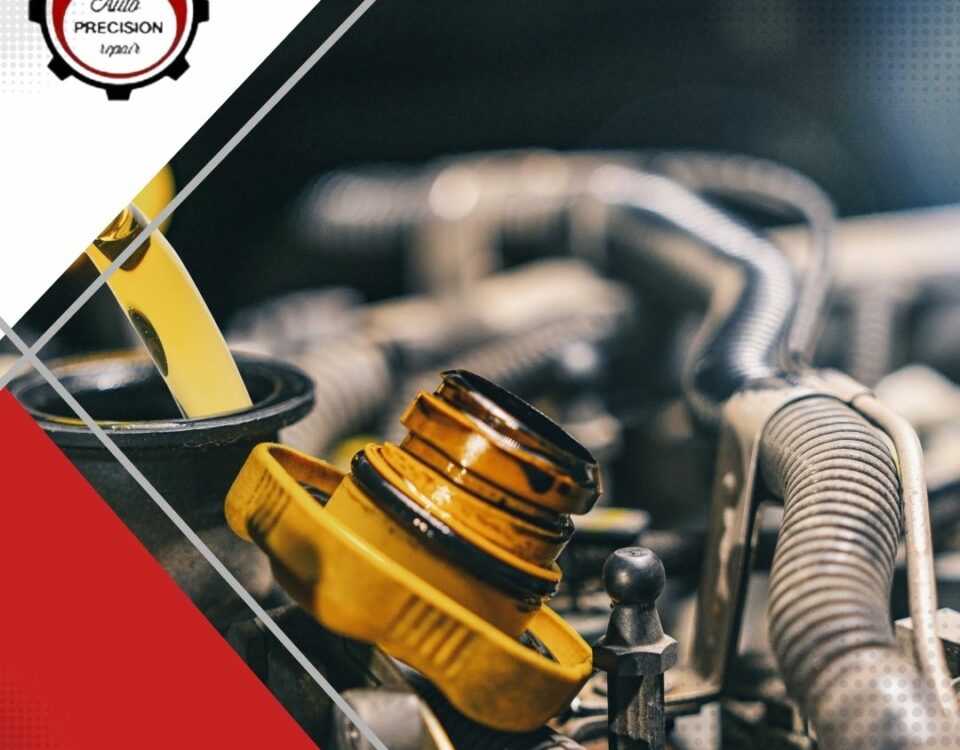From Conventional to Synthetic: The Complete Oil Change Comparison
November 17, 2023Mastering Preventive Maintenance: Strategies for Maximizing Equipment Lifespan
November 20, 2023Regular oil changes are crucial for maintaining engine health and performance. This article explores the benefits of routine oil maintenance and provides tips to keep your engine in top condition.
The Importance of Regular Oil Changes
Consistent oil changes are vital for engine longevity and efficiency. Let’s delve into why they are essential.
Role of Oil in Engine Function
- Lubrication to reduce friction
- Cooling engine components
Consequences of Neglecting Oil Changes
- Risks of engine damage and reduced performance
- Potential for costly repairs
Recommended Oil Change Intervals
Understanding when to change your oil can optimize engine health.
General Guidelines for Oil Changes
- Typically every 3,000 to 5,000 miles for conventional oil
- Extended intervals possible with synthetic oil
Factors Affecting Change Frequency
- Vehicle type, driving habits, and environmental conditions
Choosing the Right Oil for Your Engine
Selecting the appropriate oil type is crucial for engine care.
Differences Between Conventional and Synthetic Oils
- Benefits of synthetic oil for engine protection
Understanding Viscosity Grades
- How to choose the right viscosity for your vehicle
DIY vs. Professional Oil Changes
Deciding between DIY and professional oil changes depends on various factors.
Benefits of DIY Oil Changes
- Cost savings and learning opportunity
When to Opt for Professional Service
- Complexity of modern engines and convenience
Additional Engine Maintenance Tips
Beyond regular oil changes, other maintenance practices are essential for engine health.
Regular Checkups and Tune-ups
- Importance of periodic inspections
Monitoring Engine Performance
- Signs to watch for indicating potential problems
Conclusion
Maintaining engine health is an ongoing process that requires regular oil changes and attentive care. By adhering to these guidelines and tips, you can ensure your engine runs smoothly, efficiently, and has a longer lifespan.
From Conventional to Synthetic: The Complete Oil Change Comparison





